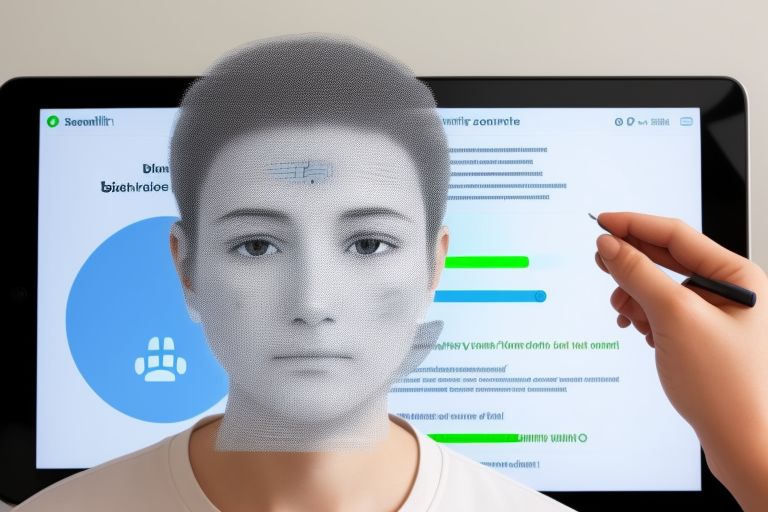In recent years, technology has played a transformative role in mental health care, providing new tools for diagnosis, treatment, and continuous support. The advent of digital platforms, mobile apps, and wearable devices has not only increased access to mental health resources but also enhanced the ability of professionals to offer personalized care. This article explores the significant impact of technology on mental health, examining both the innovative tools reshaping therapeutic practices and the broader implications for patients and providers.
Technological Advancements in Mental Health Care
1. Teletherapy Platforms
Teletherapy has surged in popularity, particularly highlighted during the COVID-19 pandemic, as it provides patients with access to mental health professionals via video calls, messaging, or voice chat. This technology makes mental health care accessible to people in remote areas, those with mobility limitations, or individuals who prefer the privacy of receiving care at home.
2. Mobile Mental Health Apps
There is an array of mobile applications designed to support mental health. These apps offer features ranging from mood tracking and meditation guides to cognitive behavioral therapy (CBT) exercises and stress management tools. Apps like BetterHelp and Talkspace even connect users with licensed therapists for virtual counseling.
3. Wearable Technology
Wearable devices that monitor physiological data can also play a crucial role in managing mental health. Devices like smartwatches and fitness trackers measure indicators such as heart rate variability, sleep patterns, and activity levels, which can provide insights into an individual’s emotional and psychological state.
4. AI and Machine Learning
Artificial intelligence (AI) and machine learning are at the forefront of innovating diagnostic procedures and treatment plans in mental health. AI algorithms can analyze vast amounts of data from clinical histories, patient entries, and even voice and facial recognition to help diagnose mental health conditions more accurately and quickly than traditional methods.
Benefits of Technology in Mental Health
- Improved Accessibility: Technology overcomes geographical barriers to care, enabling access for individuals who might otherwise go without necessary support.
- Enhanced Personalization: Tech tools can tailor therapeutic experiences to individual needs, enhancing the effectiveness of treatments.
- Continuous Support: Digital platforms offer ongoing support, allowing patients to manage their mental health daily rather than just during periodic appointments.
Challenges and Ethical Considerations
While technology offers substantial benefits, it also presents challenges:
- Privacy and Security: Ensuring the confidentiality and security of personal data is paramount, especially with apps and platforms collecting sensitive health information.
- Quality Control: The market is flooded with mental health apps, not all of which are backed by evidence-based practices or regulated effectively, which could pose risks to users.
- Digital Divide: There is a concern that reliance on digital tools could widen health disparities, as not all populations have equal access to the necessary technology or internet connectivity.
Future Directions
Looking ahead, the intersection of technology and mental health care is poised for further growth:
- Integration with Healthcare Systems: Continued integration of digital mental health tools with broader healthcare systems could enhance coordinated care and comprehensive treatment plans.
- Regulatory Developments: As the field matures, more robust regulatory frameworks will likely be developed to ensure the safety and efficacy of tech-based mental health interventions.
- Advancements in AI: Ongoing advancements in AI could lead to more sophisticated diagnostic tools and personalized treatment options, fundamentally changing how mental health issues are understood and treated.
Conclusion
The impact of technology on mental health represents a significant evolution in the field of psychological care. By breaking down barriers to access and enabling personalized treatment, technology has the potential to drastically improve mental health outcomes. However, it is crucial to navigate these advancements with an emphasis on ethical practices and equitable access to ensure that all individuals can benefit from these technological innovations.





















+ There are no comments
Add yours